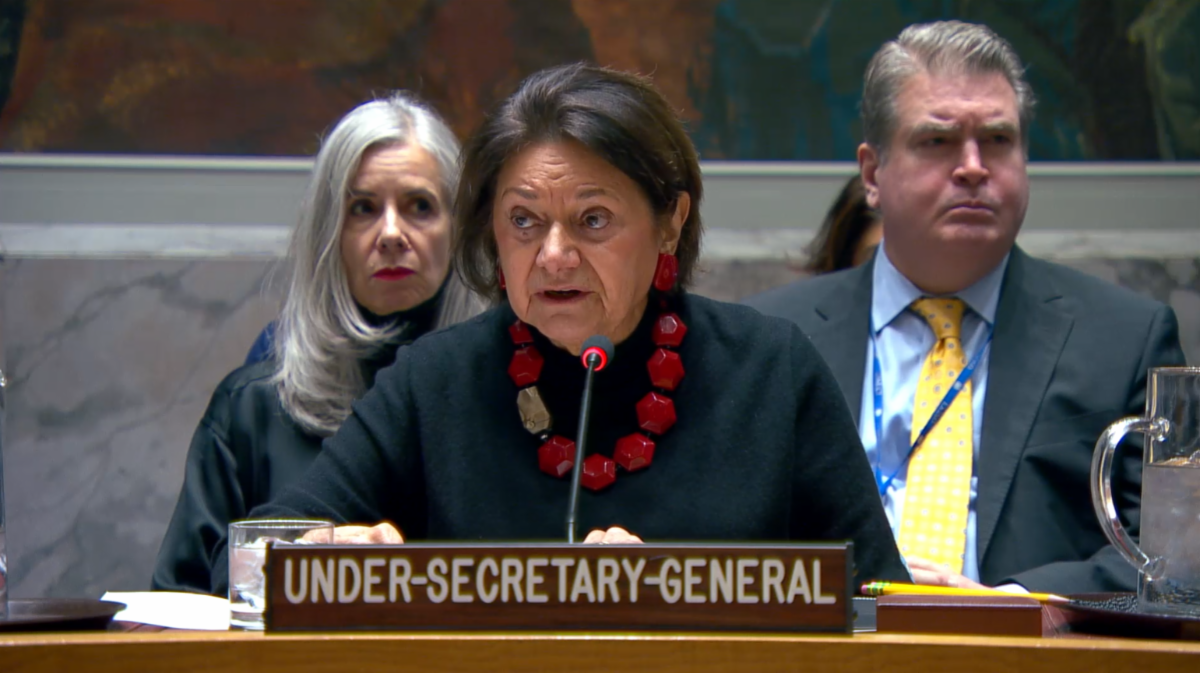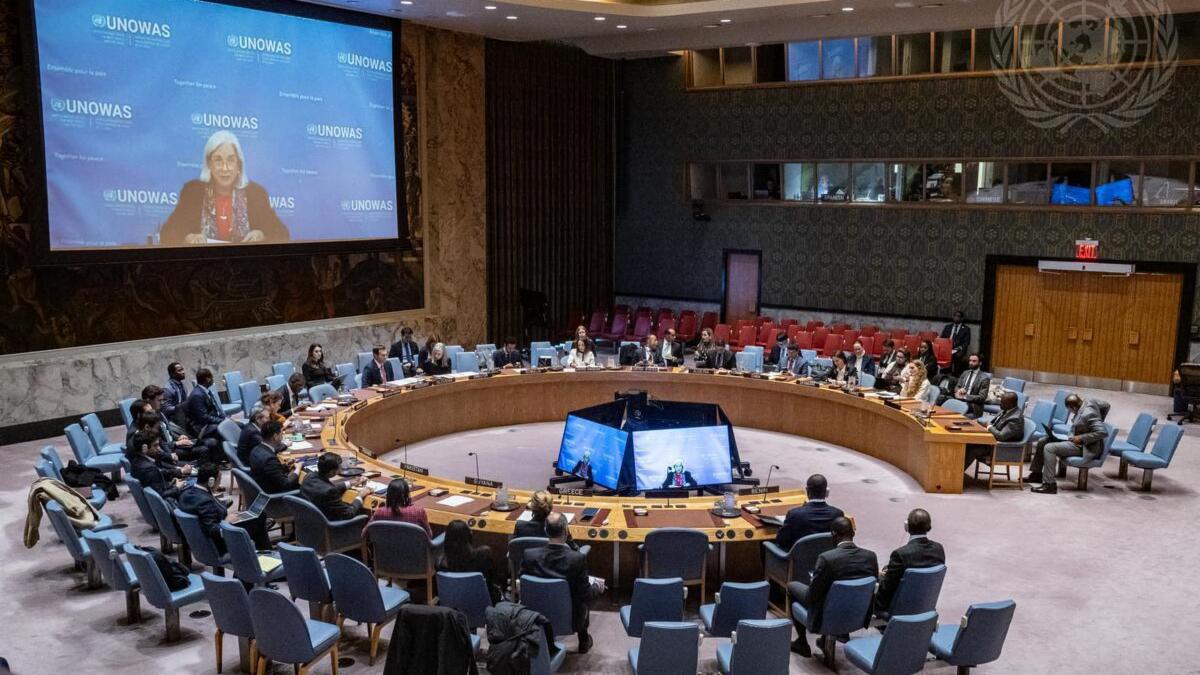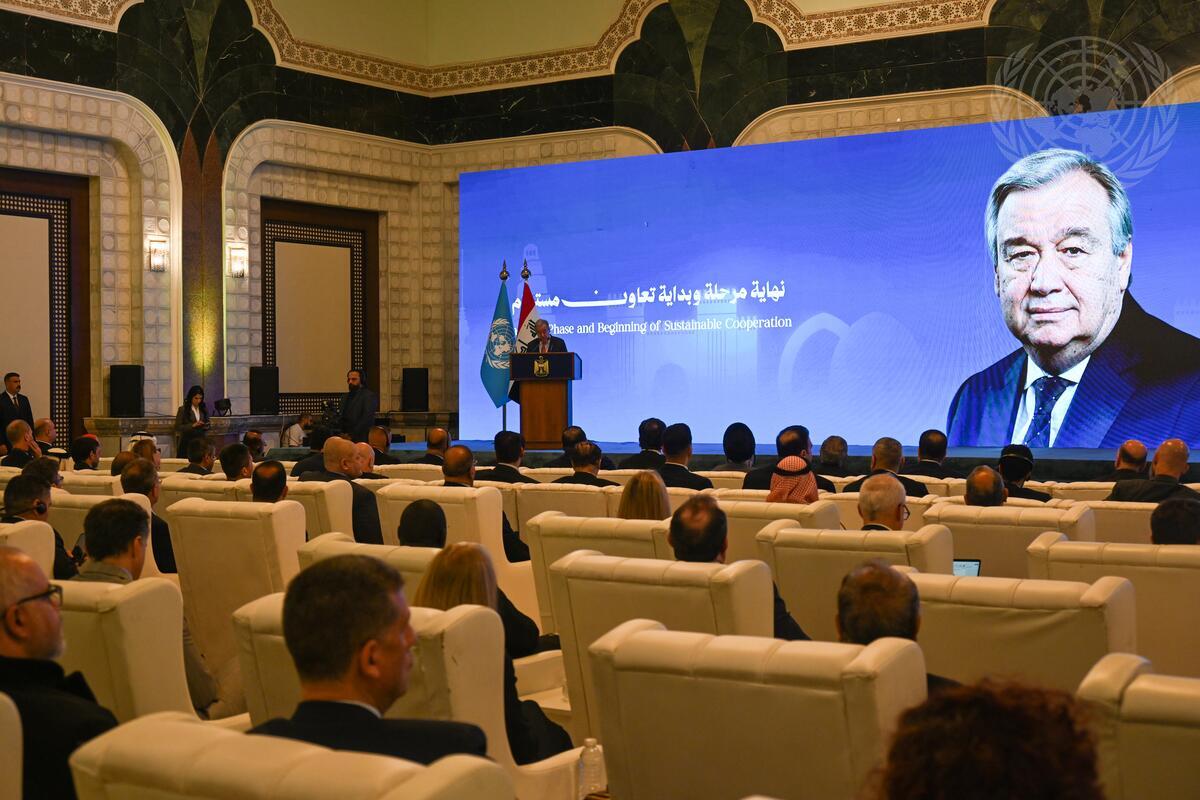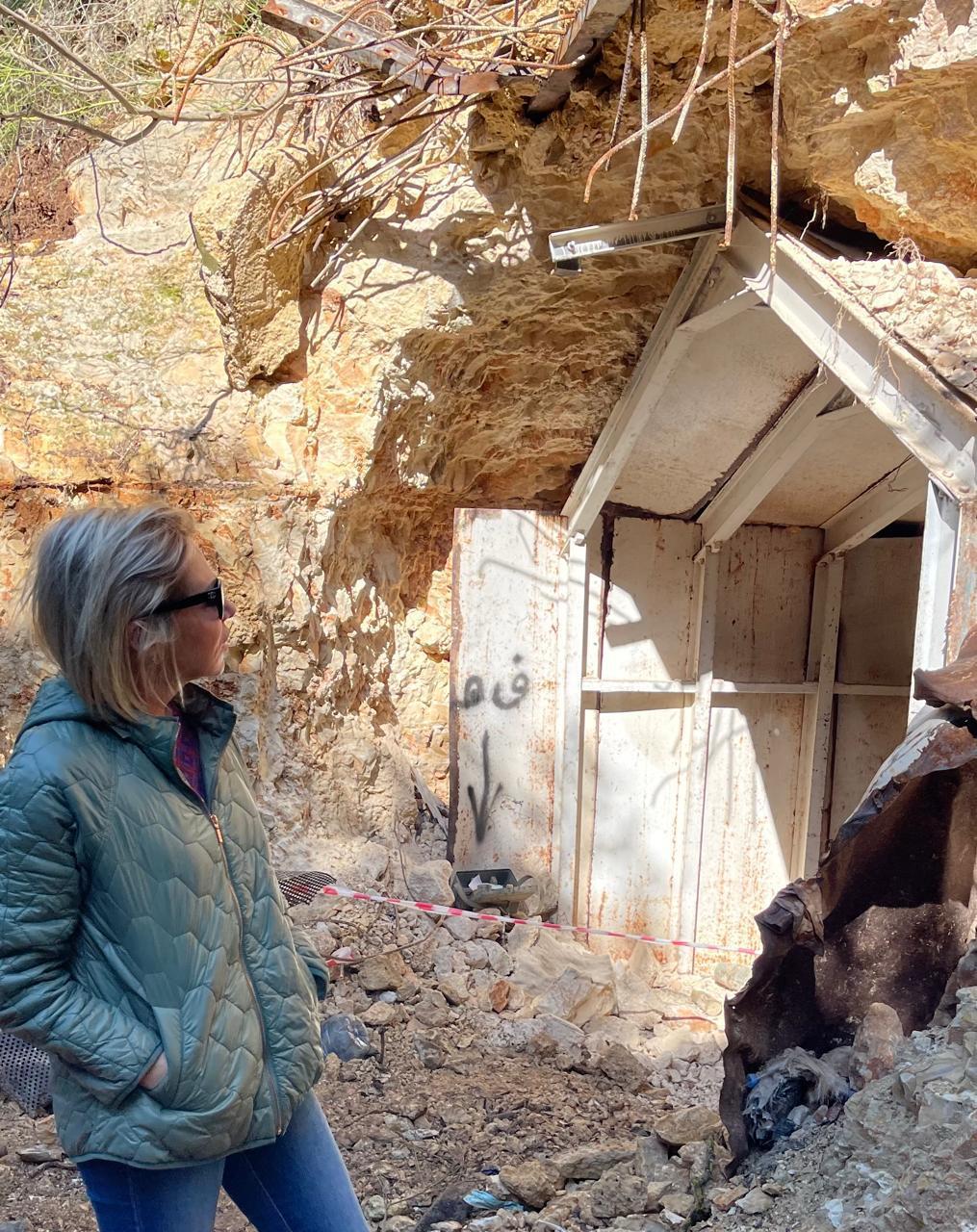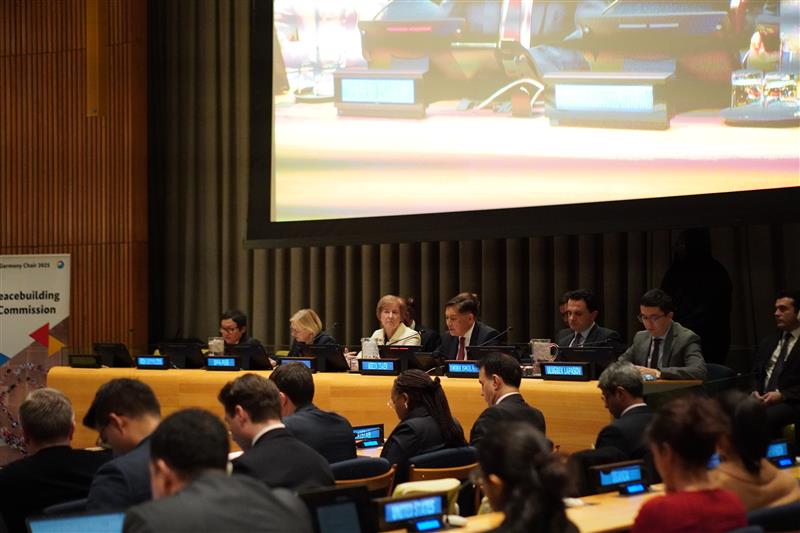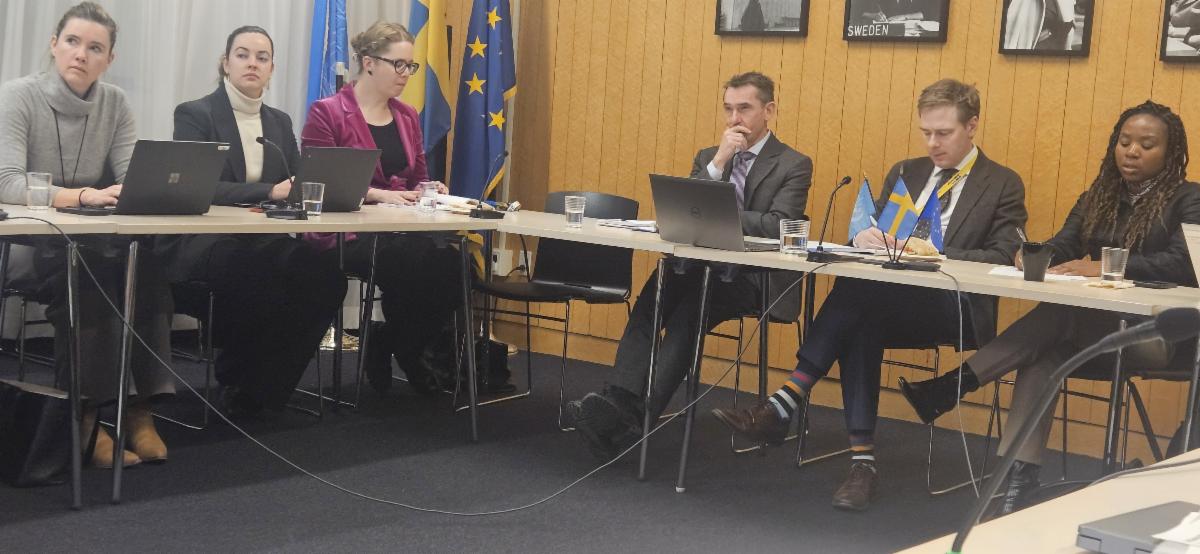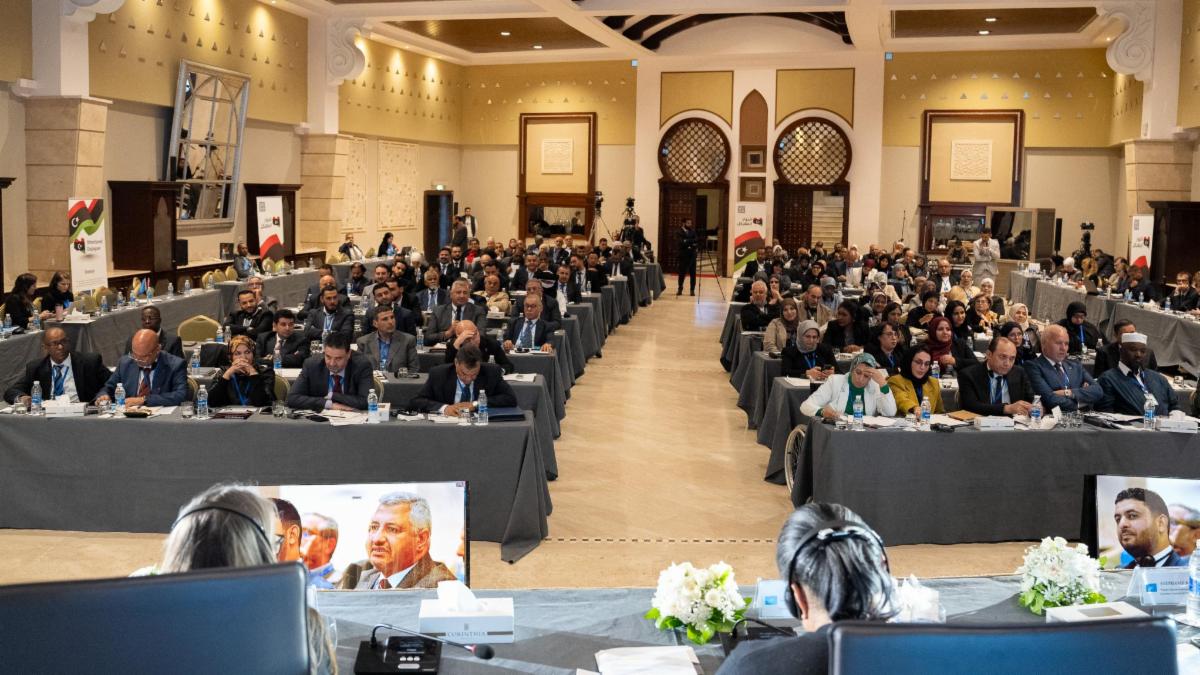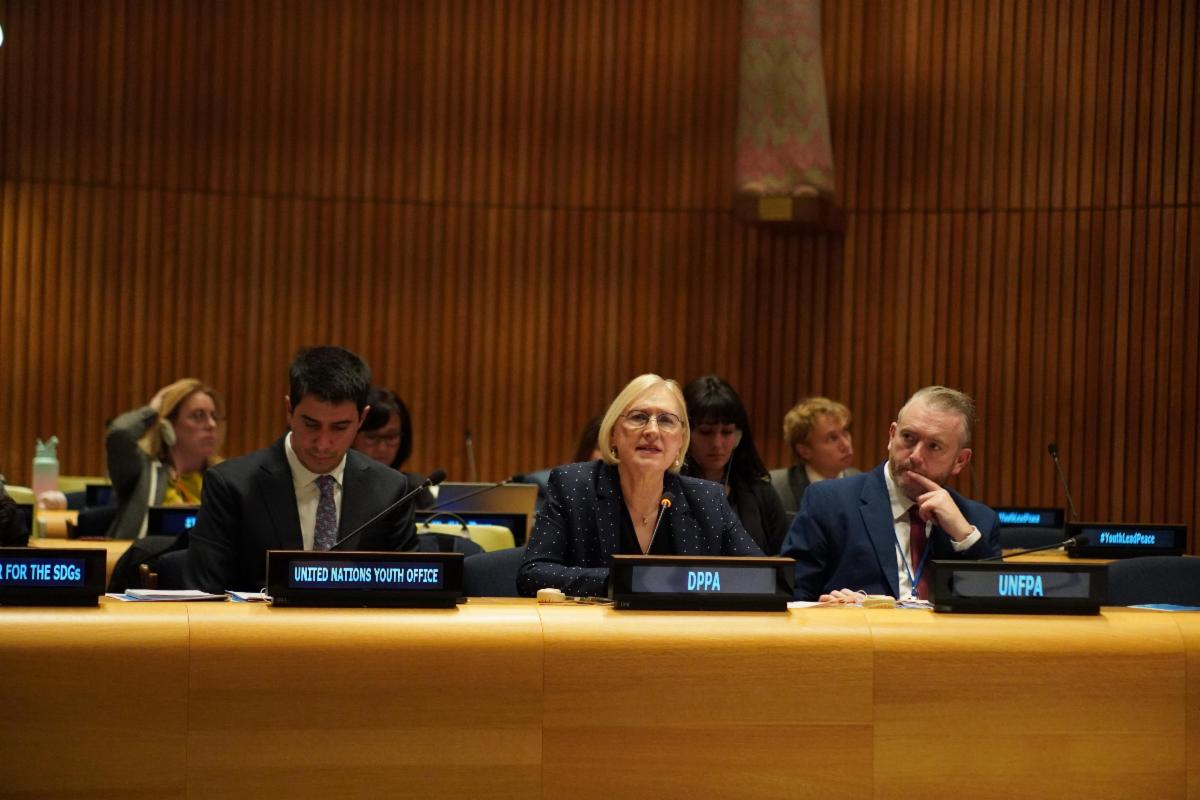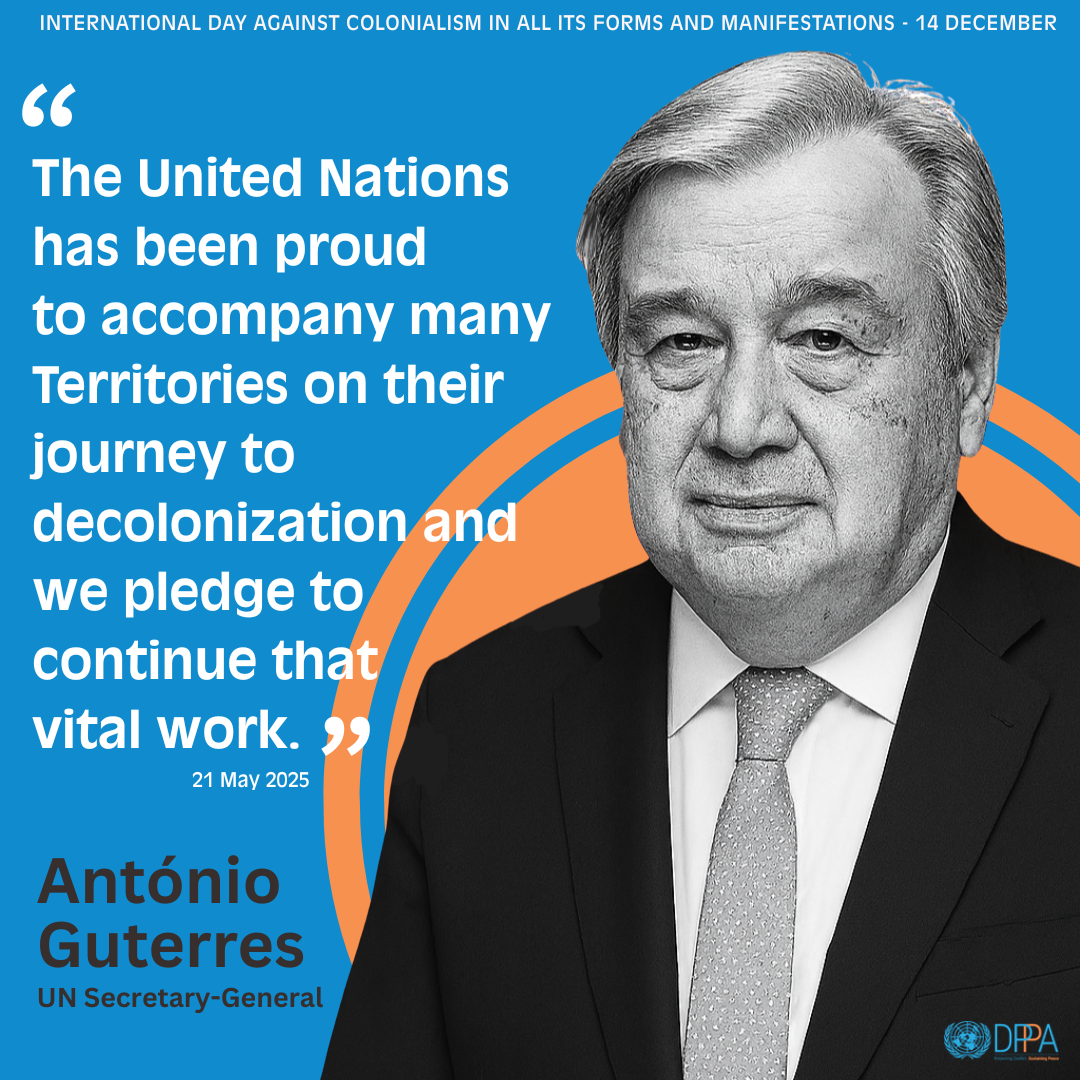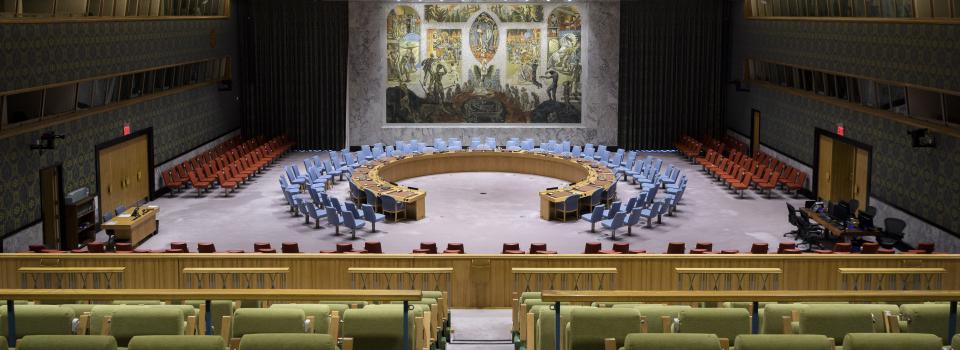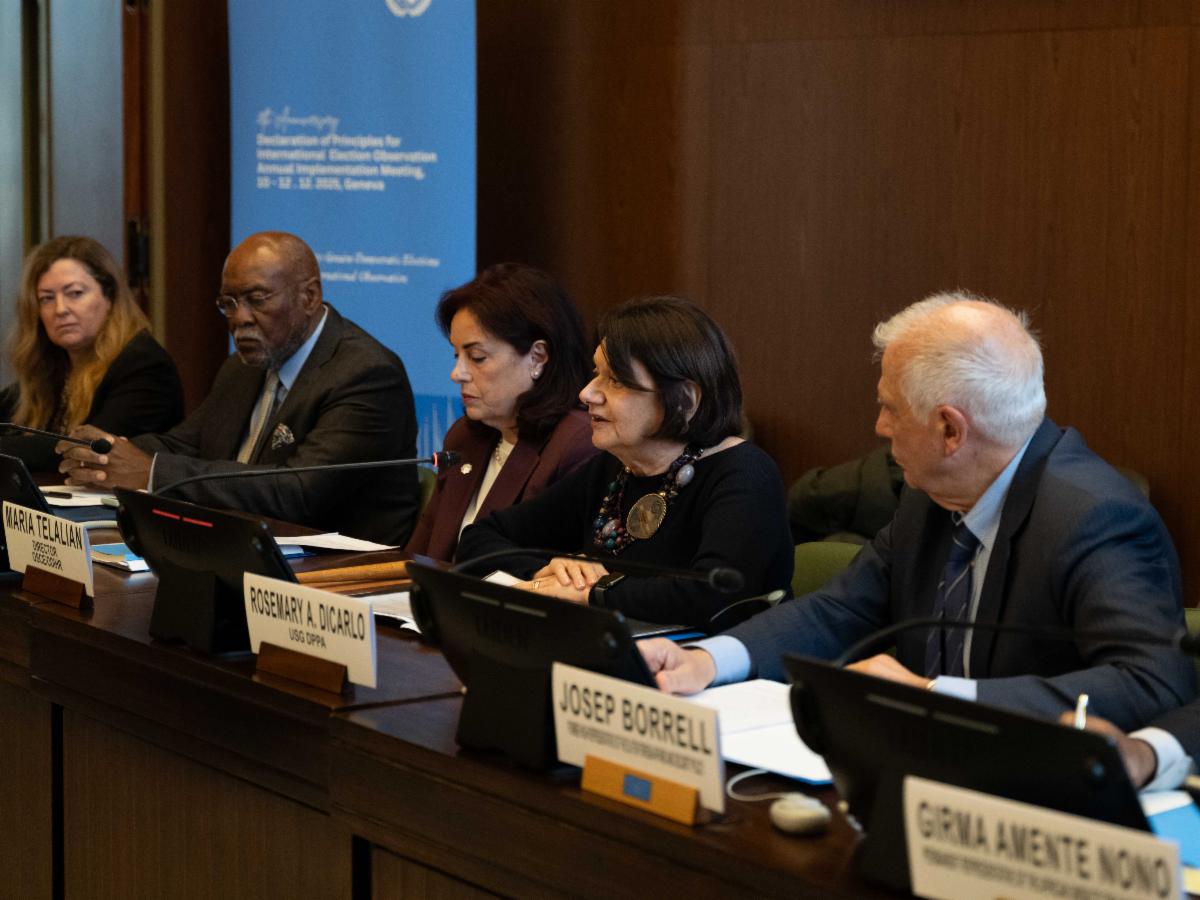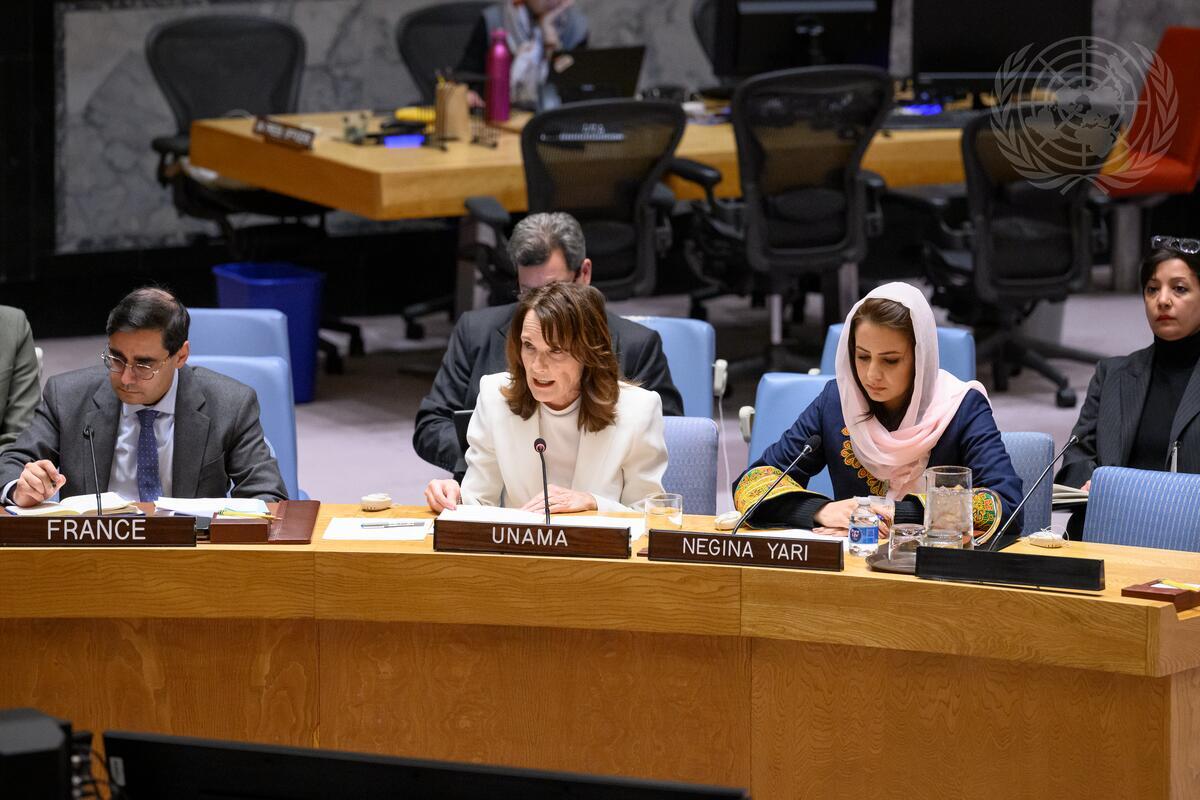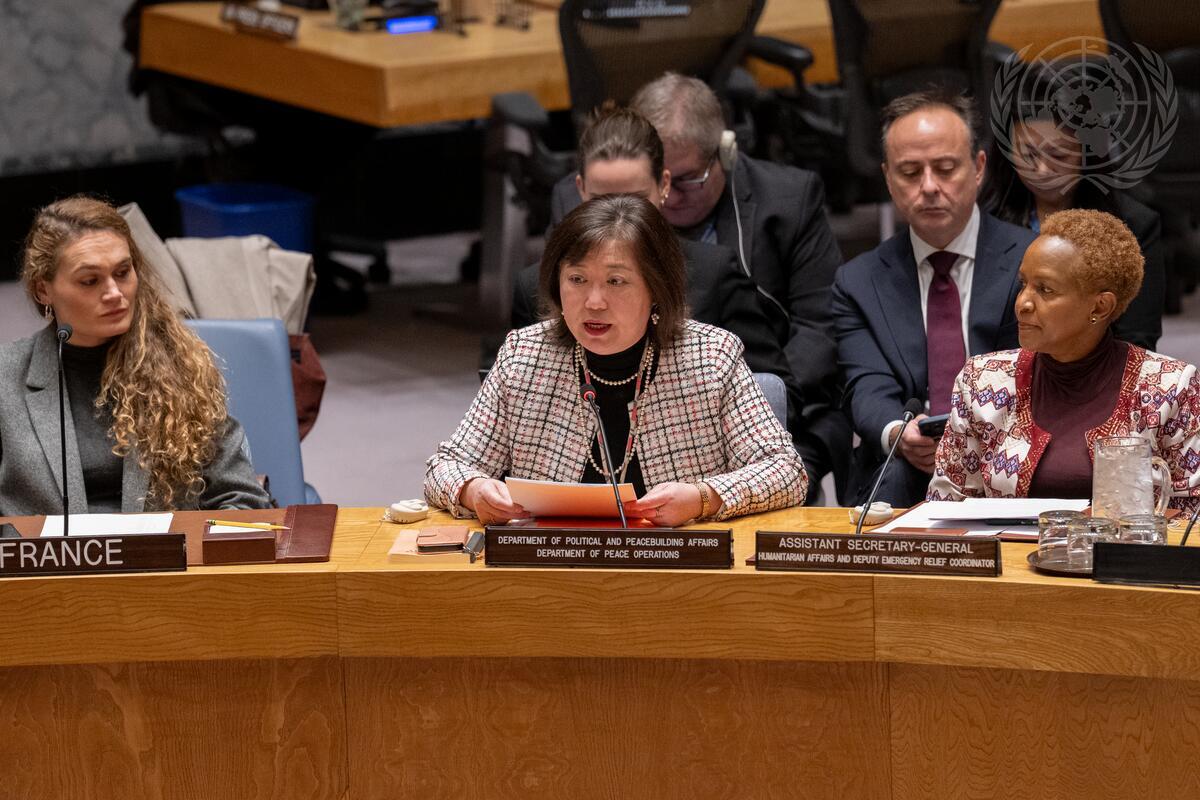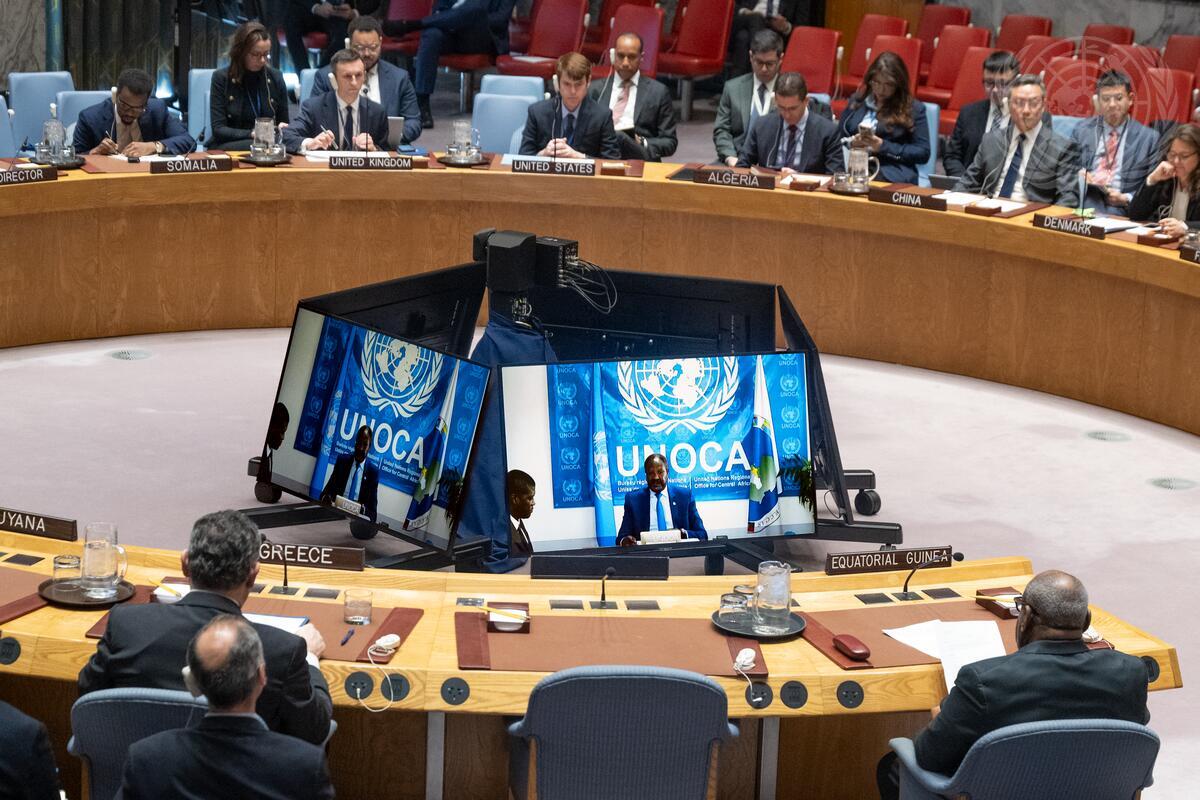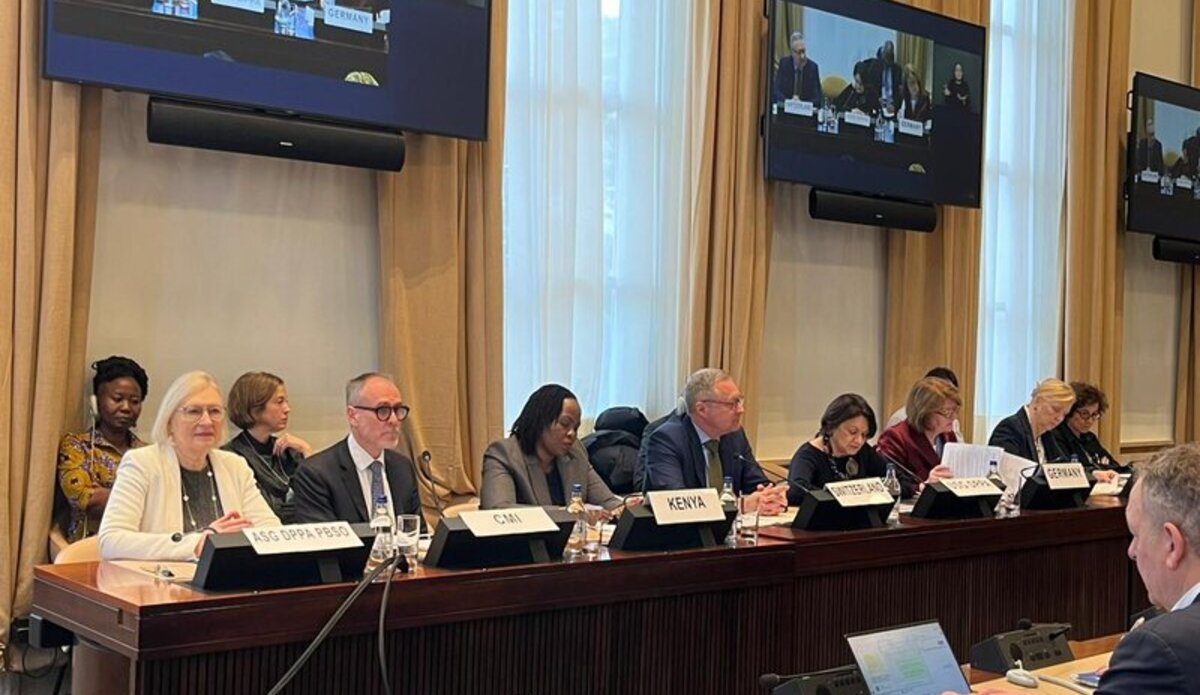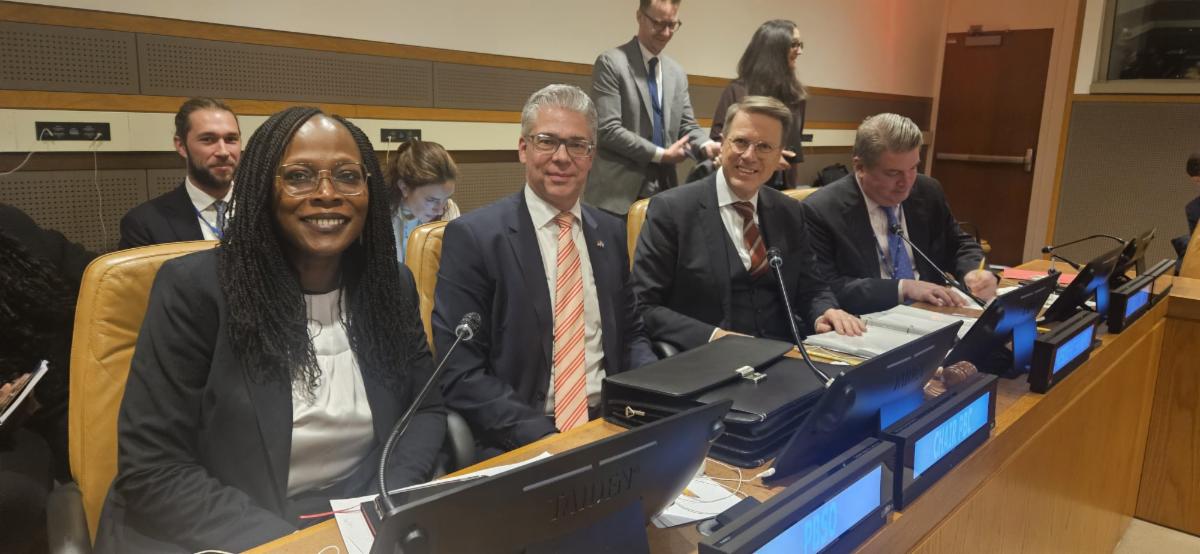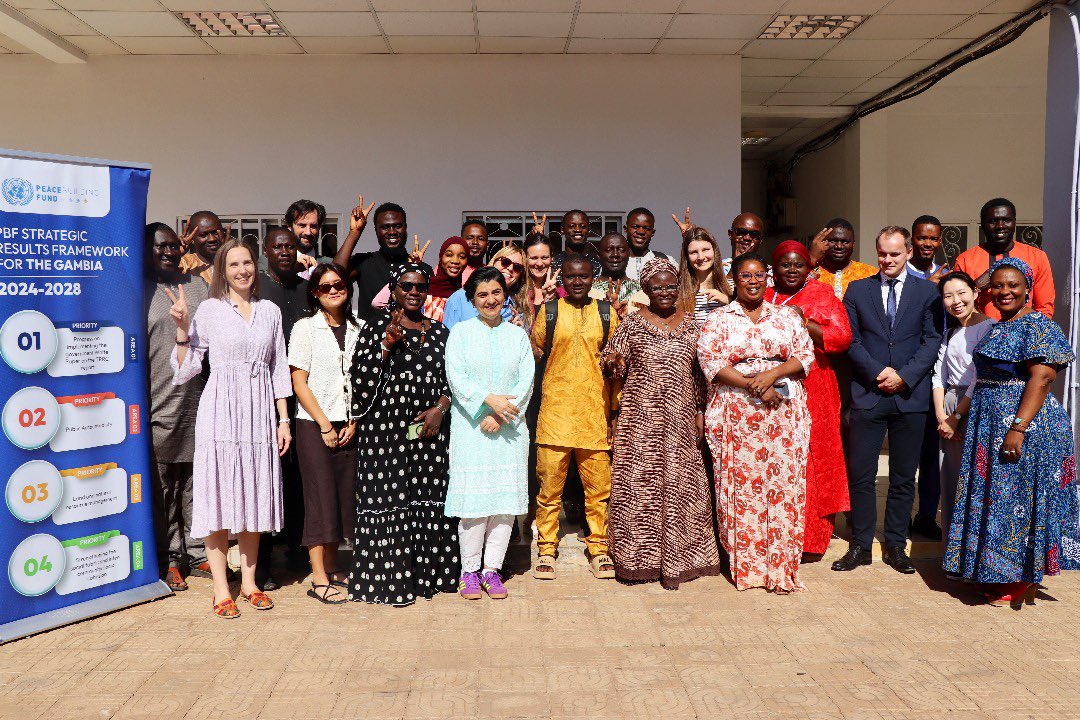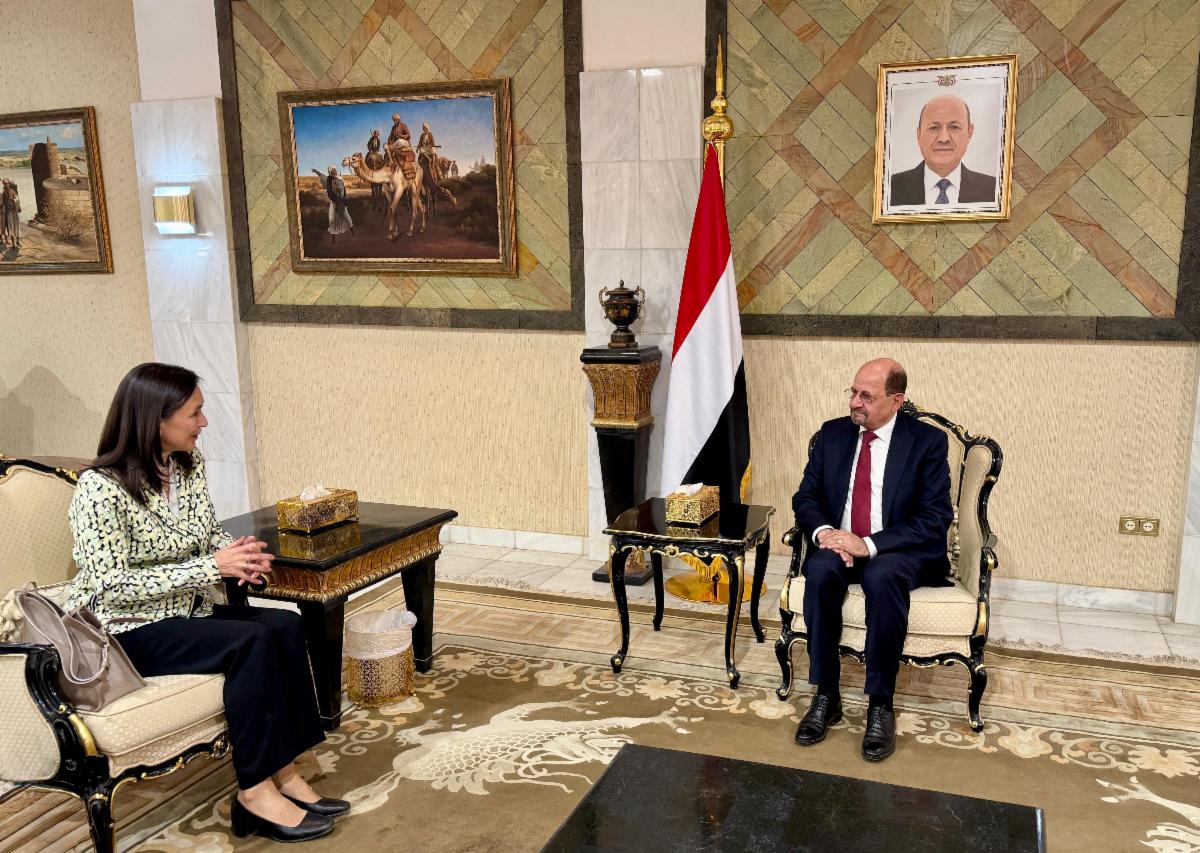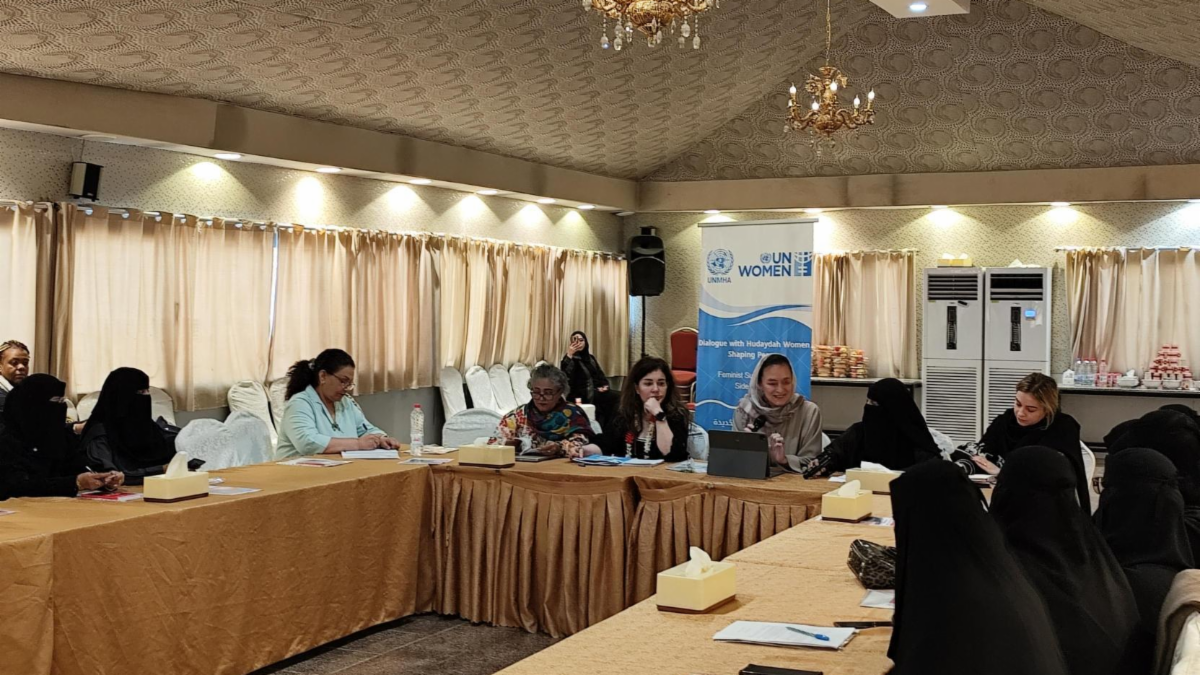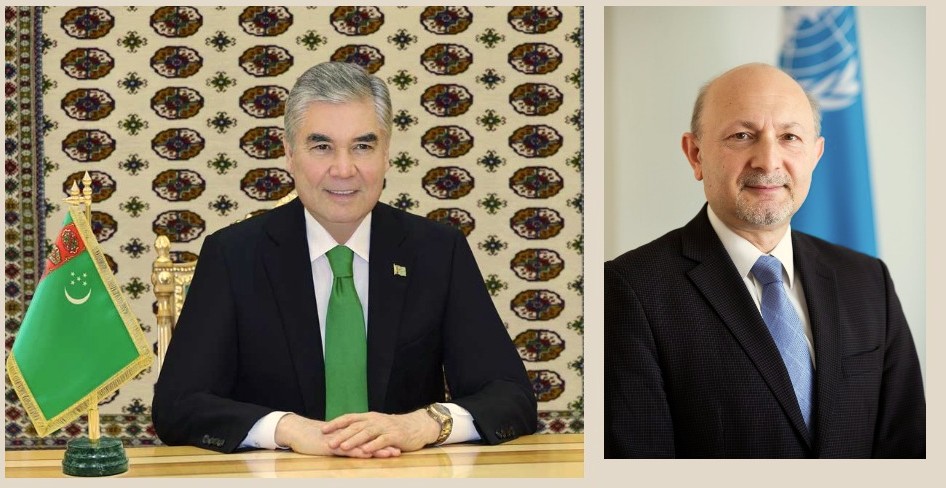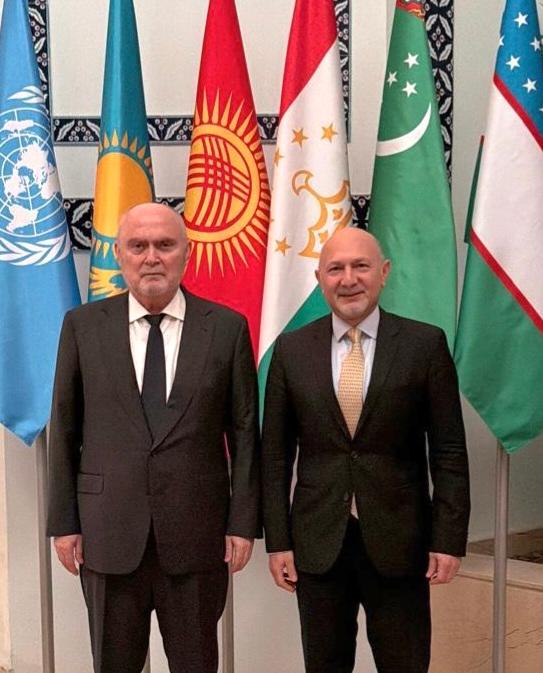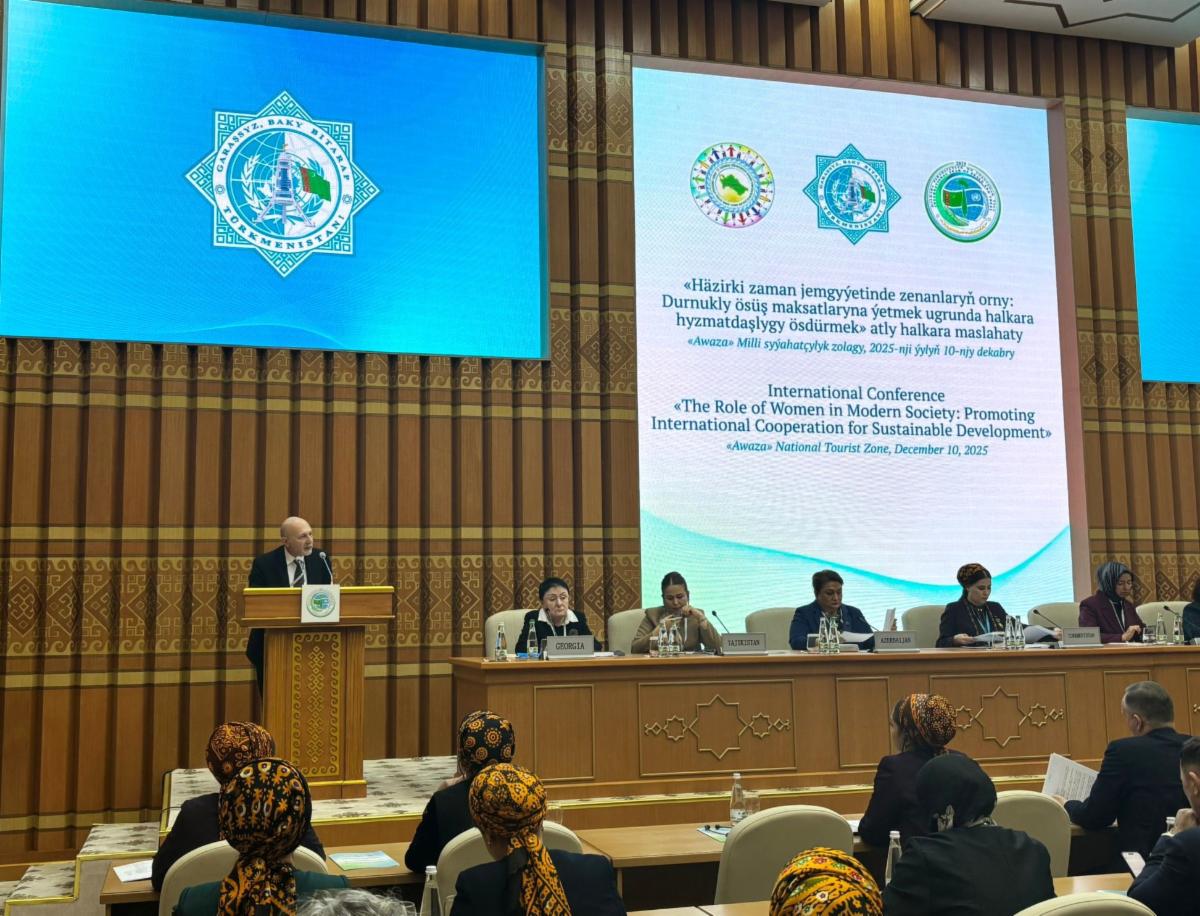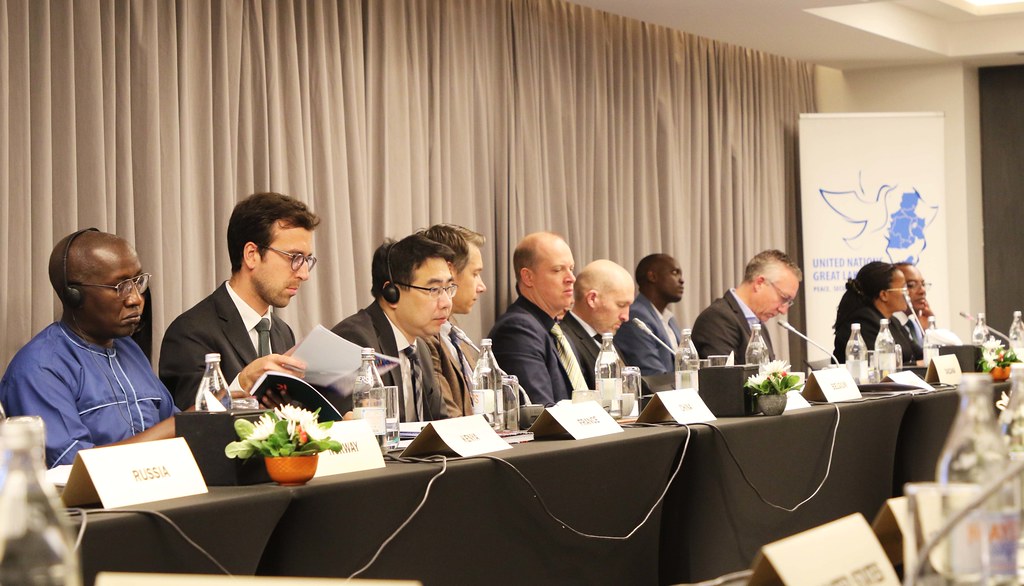Under-Secretary-General for Political and Peacebuilding Affairs Rosemary A. DiCarlo’s
Remarks to the Security Council on Non-proliferation
New York, 23 December 2025
Mister President,
Thank you for the opportunity to brief the Security Council on the implementation of resolution 2231 (2015).
As the Secretary-General noted in the report before you, despite intensified diplomatic efforts during the second half of 2025, there was no agreement on the way forward regarding the Iran nuclear programme.
On 28 August 2025, France, Germany and the United Kingdom – referred to as the E3 States - notified the Council of their intention to trigger the snapback mechanism of resolution 2231 (2015).
They attributed their decision to what they described as the “significant non-performance” by the Islamic Republic of Iran of its commitments under the Joint Comprehensive Plan of Action (JCPOA).
In accordance with the snapback procedure, as the Council did not adopt a resolution to continue the termination of measures within 30 days from the E3 letter, the previously existing sanctions on the Islamic Republic of Iran were re-applied on 27 September 2025.
This entailed reinstating the website of the 1737 sanctions Committee and the corresponding sanctions list.
Several relevant Member States rejected the validity and effect of the snapback process. Specifically, some members asserted that the process was “procedurally and legally flawed.”
Member States also expressed differing viewpoints regarding the status of the resolution in the aftermath of 27 September.
Mister President,
In its latest report of 12 November 2025, the International Atomic Energy Agency (IAEA) recalled that the Islamic Republic of Iran had stopped implementing its nuclear-related commitments under the JCPOA as of 23 February 2021.
The Agency was nevertheless still able to verify and monitor some of these commitments through activities implemented pursuant to Iran’s NPT Safeguards Agreement.
Specifically, the Agency has verified that, during this period, Iran has exceeded the limits on its nuclear programme as stipulated in the JCPOA.
On 18 October 2025, the Agency reported that it had no information on the status of the stockpiles of enriched uranium in Iran.
The IAEA concluded that a commonly agreed framework with the support of countries concerned was necessary to ensure that Iran’s nuclear programme was exclusively peaceful.
The agency also noted the readiness of its Director General to engage with Iran at the earliest opportunity to work constructively to this end.
Turning to the remaining restrictive measures set out in annex B to resolution 2231 (2015), namely, those pertaining to nuclear activities and transfers, the Secretariat did not receive any allegations of violations of these provisions during this reporting period.
Furthermore, no new proposals have been submitted through the procurement channel during the reporting period.
The Security Council did, however, receive six notifications regarding the nuclear-related restrictive measures for certain activities consistent with the JCPOA.
Mister President,
Notwithstanding the significant differences between the relevant parties on the way forward regarding resolution 2231 (2015) and the JCPOA, all of them have continued to emphasize the importance of a diplomatic solution and expressed overall readiness to engage with each other for this purpose.
Indeed, as the Secretary-General has stated, a negotiated settlement that would secure the overall objectives of ensuring a peaceful Iranian nuclear programme and providing sanctions relief is the best option available to the international community.
The Secretariat remains at the full disposal of the parties in the pursuit of these objectives.
Thank you, Mister President.

